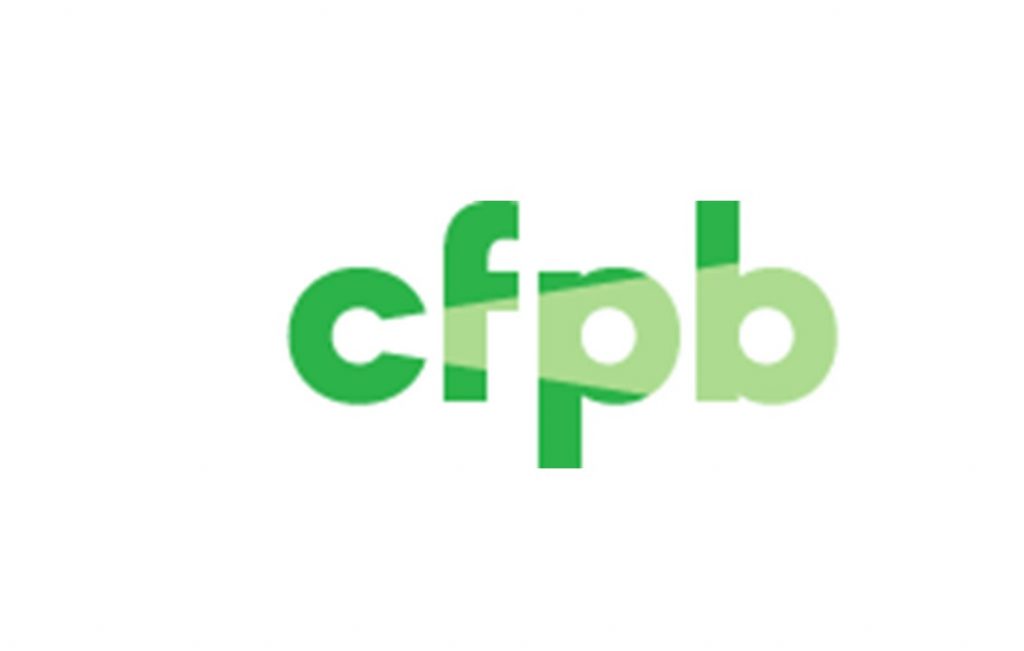
| Entities | |
| Topics and Issues |
In May 2023, the CFPB issued “an interpretive rule to make clear that the business practices of lenders marketing their loans as “Buy Now, Pay Later” will typically trigger the consumer protections in existing federal law and regulation, including those related to billing disputes and refunds.” CFPB Director Chopra delivered prepared remarks on a media call concomitant with a press release and the issuance of the interpretive rule and request for comment. The comment deadline is August 1.
The interpretive rule
The IR is issued to
address the applicability of subpart B [Open-End Credit] of Regulation Z [TILA] to lenders that issue digital user accounts used to access credit, including to those lenders that market loans as “Buy Now, Pay Later” (BNPL). This interpretive rule describes how these lenders meet the criteria for being “card issuers” for purposes of Regulation Z. Such lenders that extend credit are also “creditors” subject to subpart B of Regulation Z, including those provisions governing periodic statements and billing disputes. While not required under the Administrative Procedure Act, the CFPB is opting to collect comments on this interpretive rule and may make revisions as appropriate after reviewing feedback received.
In its release today, the Bureau noted that it began investigating BNPL services in 2021 and that this investigation resulted in a Market Report in 2022 and additional findings in 2023. That work flowed into today’s IR. The Bureau wrote today that “the failure to provide dispute protections can create chaos for consumers when they return their merchandise or encounter other billing difficulties.” According to the Bureau’s press release on the IR, the
interpretive rule describes how Buy Now, Pay Later lenders meet the criteria for credit card providers, under the Truth in Lending Act. For consumers, this means Buy Now, Pay Later lenders must:
-
- Investigate disputes: Buy Now, Pay Later lenders must investigate disputes that consumers initiate. Lenders must also pause payment requirements during the investigation and sometimes must issue credits.
- Refund returned products or cancelled services: When consumers return products or cancel services for a refund, Buy Now, Pay Later lenders must credit the refunds to consumers’ accounts.
- Provide billing statements: Consumers must receive periodic billing statements like the ones received for classic credit card accounts.
Director Chopra’s comments
Director Chopra staked out an expansive view of a “credit card” in his prepared remarks today. He noted that the Bureau’s broad interpretation follows Congressional intent. Chopra said that
When Congress defined “credit card” under the Truth in Lending Act, it deliberately defined the term to include devices both known and unknown. While we typically think of a credit card as a piece of plastic with an embossed number, the term encompasses a wide range of devices, including those no longer commonly used. Similarly, the term has come to include digital forms of credit payment. In fact, many credit card companies issue virtual account numbers to be used for online shopping. Essentially, any mechanism, tool, or procedure that consumers can use from time to time to buy goods or services on credit gets the protections that consumers have come to know and expect with credit cards.
The IR’s press release repeated the phrase “data harvesting,” a term the CFPB and Chopra have used about a number of industries and services, including the December 2021 BNPL press release.
Consumer reporting
The interpretive rule and request for comment make one reference to consumer reporting:
“In March 2023, the CFPB published “Consumer Use of Buy Now, Pay Later,” which used data from the annual Making Ends Meet survey and credit bureaus to identify demographic and other characteristics of BNPL borrowers. In March 2024, the CFPB released its “Consumer Response Annual Report” for 2023, which noted issues consumers faced with merchants regarding BNPL, such as non-receipt of items and challenges in canceling loans. Through monitoring consumer complaints, the CFPB has further refined its understanding of the BNPL market. The CFPB continues to observe the industry and monitor new market and product trends.” IR, 8 (citations omitted).